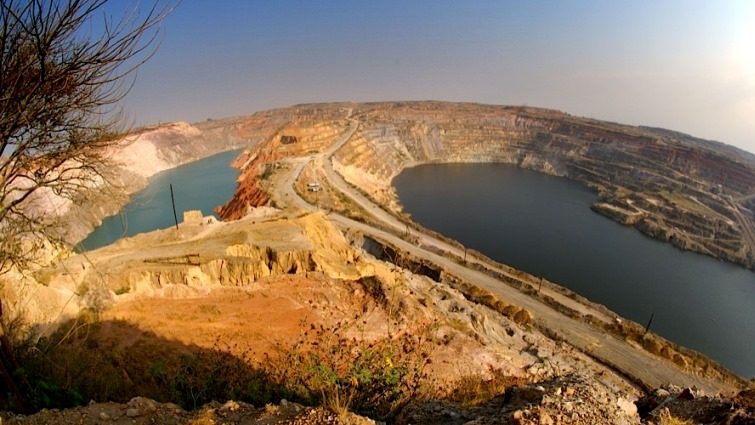Democratic Republic of Congo’s new mining code, which has been fiercely opposed by international companies, will be signed into law without changes, the prime minister of the central African country said on Thursday.
After a nearly six-hour meeting between President Joseph Kabila and international mining executives in Kinshasa on Wednesday, the government issued a statement saying the concerns of companies such as Glencore and Randgold would be taken into account through a constructive dialogue after Kabila had signed the code into law.
Prime Minister Bruno Tshibala told Reuters in an interview during a visit to London that he did not expect that would lead to changes in the law, which was approved by Congo’s parliament in January.
“It’s not a question of finding a compromise after parliament has adopted the law,” he said. “It only remains to sign it off.”
Mining companies worry that the new mining code will raise taxes and royalties and remove a stability clause in the current law protecting miners from fiscal changes for a decade.
Asked if the new code’s commitment to leave the fiscal regime intact for five years could be changed back to 10 years, Tshibala said only “all the discussions had taken place”.
For weeks, it has been unclear when the president would actually sign the law and Tshibala said he did not know.
“I cannot know whether that will be in 20 minutes or in five days. What is certain is that he will sign it,” he said.
Tshibala did not deny that Wednesday’s talks were difficult, saying that was inevitable when businesses were defending their interests, but he said the exchanges were fruitful.
The prime minister repeated earlier comments by the mining minister that reform of a law agreed in 2002 was overdue because not enough of Congo’s wealth was going to its people.
He also said the country was looking at formalising its artisanal sector to harness revenues from that and to tackle abuses, notably child labour.
“There may be child labour in the artisanal mining sector, which is outside the authority of the state. There is none in the formal mining industry,” he said.
International mining companies say the new mining code will deter foreign investment, although the prime minister told Reuters new investors were jostling to enter the country.
The new code could see royalties on cobalt, a central component in electric car batteries, increase five-fold to 10 percent.
Congo is the world’s biggest source of cobalt. Its output jumped 15.5 percent last year to 73,940 tonnes.
Prices have surged, more than doubling last year and rising a further 10 percent so far this year.






